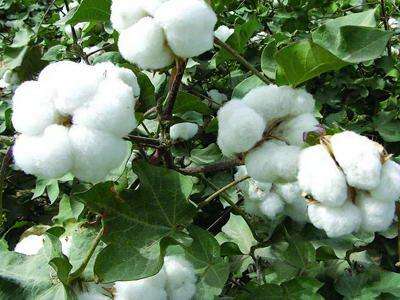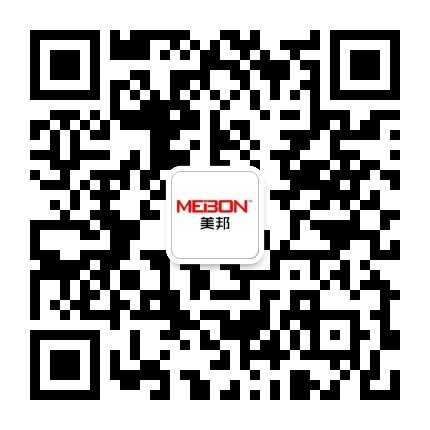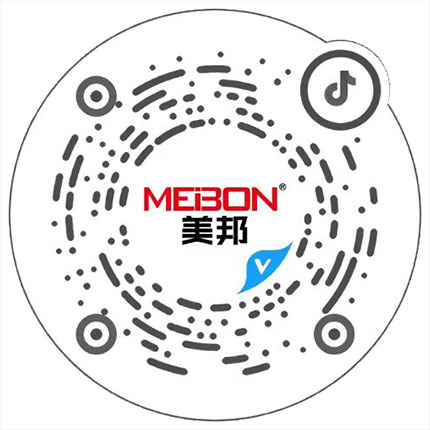
Fiber is a substance consisting of continuous or discontinuous filaments. In animals and plants, fiber plays an important part in the maintenance of tissues. Fiber is widely used, can be woven into thread, thread and rope, paper or woven mat can also be woven into the fiber layer, but also can be used in manufacturing and other materials, and other materials composed of composite materials. Textile fiber is divided into two kinds: natural fiber and chemical fiber. Linen, cotton yarn, twine is obtained from plants, which belongs to natural fiber, wool and silk from the animal, is also a natural fiber. There are many kinds of chemical fiber, such as nylon, artificial fiber, glass fiber, etc.
Properties of textile fibers
(1) length
Length is a measure of the length of textile fibers. The length of fiber has an important influence on the performance of textiles. Generally, the longer the fiber, the better the quality of the yarn and fabric.
(2) fineness
The wire density, fineness, and count of fibers, such as fiber fineness, are indicators of the degree of fineness of the textile fiber. Linear density and fineness are fixed length system, the greater the value, the thicker the fiber; the count is fixed weight system, the greater the value, the finer the fiber.
(3) mechanical properties
1.strong
The maximum tensile force that a textile fiber can withstand when breaking into tension is known as tensile breaking strength, referred to as strength, and the symbol is F. The legal unit of strength is N, and the textile fiber is usually expressed in cN.
2.strength
The ratio of strength to fiber cross-sectional area is known as tensile fracture strength, referred to as strength, and the symbol is sigma B. The strength of the legal unit is N/m2 (or Pa), and the textile fibers are often N/mm2 (or MPa).
3.specific strength
The ratio of strength to line density is called specific strength, and the symbol is sigma BD. The specific strength of the unit is N/tex, and textile fibers are commonly used in cN/tex. Customarily, specific intensities are sometimes referred to as intensities.
4.elongation at break
Elongation at break is an index of fiber deformability. The percentage of elongation to breaking length of a textile fiber when breaking into a fracture is called elongation at break.
5.elasticity
Textile fibers and their products should bear external force during processing and use, and produce corresponding deformation. When the external force is removed, part of the deformation of the fiber can be recovered, while the other fractal will not respond. Elasticity of a fiber is the ability of a fiber to recover from deformation.
6.elastic recovery rate
Elastic recovery ratio is an index to evaluate the resilience of fiber. A stretched or unbroken stretch of a textile fiber that, when taken out of an external force, is naturally retracted by elasticity. The percentage of the original shrinkage and elongation is called elastic recovery.
YG005E type electronic single fiber strength machine
[Scope of application]
Used to measure the breaking strength, breaking elongation, fixed elongation load, constant load, elongation and creep properties of various kinds of single fiber, metal wire, hair and carbon fiber.
[Conformity to standards]
GB/T14337, 9997, 13835.5, ISO 5079, 11566, ASTM, D 3822, BS 4029, etc..
[Instrument characteristics]
1.Touch LCD (LCD), Chinese and English menu, the interface is simple and easy to understand, easy to operate and intuitive.
2.Adopt 32 bit Cortex-M3 microprocessor, which has strong anti-interference performance and fast data processing.
3.High speed AD, high sampling frequency and high testing accuracy.
4.The instrument automatically displays, analyzes and saves the test data. The instrument comes with a thermal printer to print the reports directly.
5.Pneumatic clamping, clamping uniform, and can adjust the clamp pressure, avoid sample slippage or damage, easy to use.
6.Drive mechanism adopts ball screw, synchronous belt, synchronous wheel, etc, stable running, high precision and little noise.
7.Support and professional computer software online work.
8.Analysis function of software: the breaking point, breaking point, stress, yield strength, initial modulus, elastic deformation, plastic deformation, etc.
[Technical parameters]
1.measuring range: 1000cN, graduation value: 0.01cN
2.force measuring accuracy: less than 0.2%F - S
3.speed range: 2 ~ 200mm/min (within the scope of free set)
4.the effective range: 200mm
5.elongation resolution: 0.01mm
6.minimum clamping distance: 0.1mm
7.clamping distance positioning method: Digital settings, automatic positioning
8.unit conversion: N, cN, Kgf, mm, LB, in
9.work power: AC220V 50Hz, power: 120W
10.size: 500* 400*600mm
11.weight: 25kg
 ×
×









 閩公網(wǎng)安備 35058302350905號(hào)
閩公網(wǎng)安備 35058302350905號(hào)